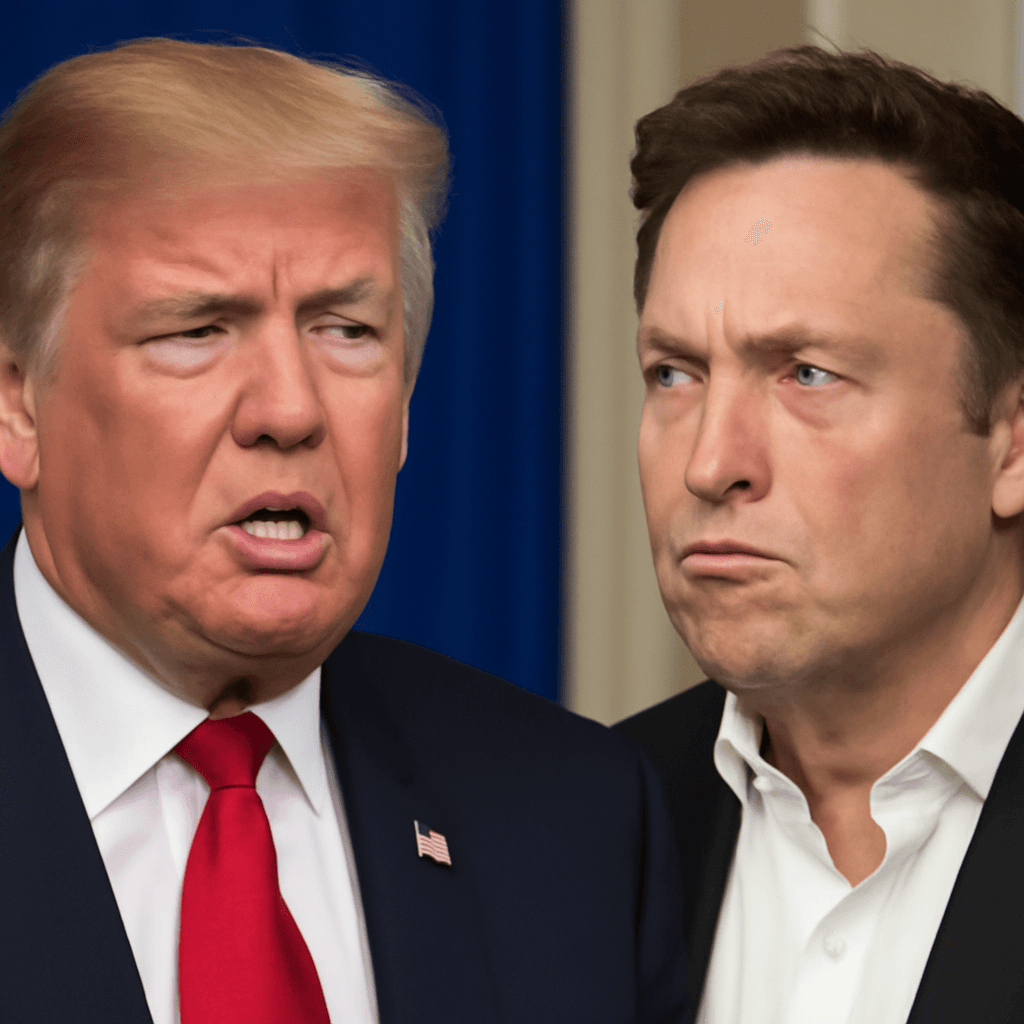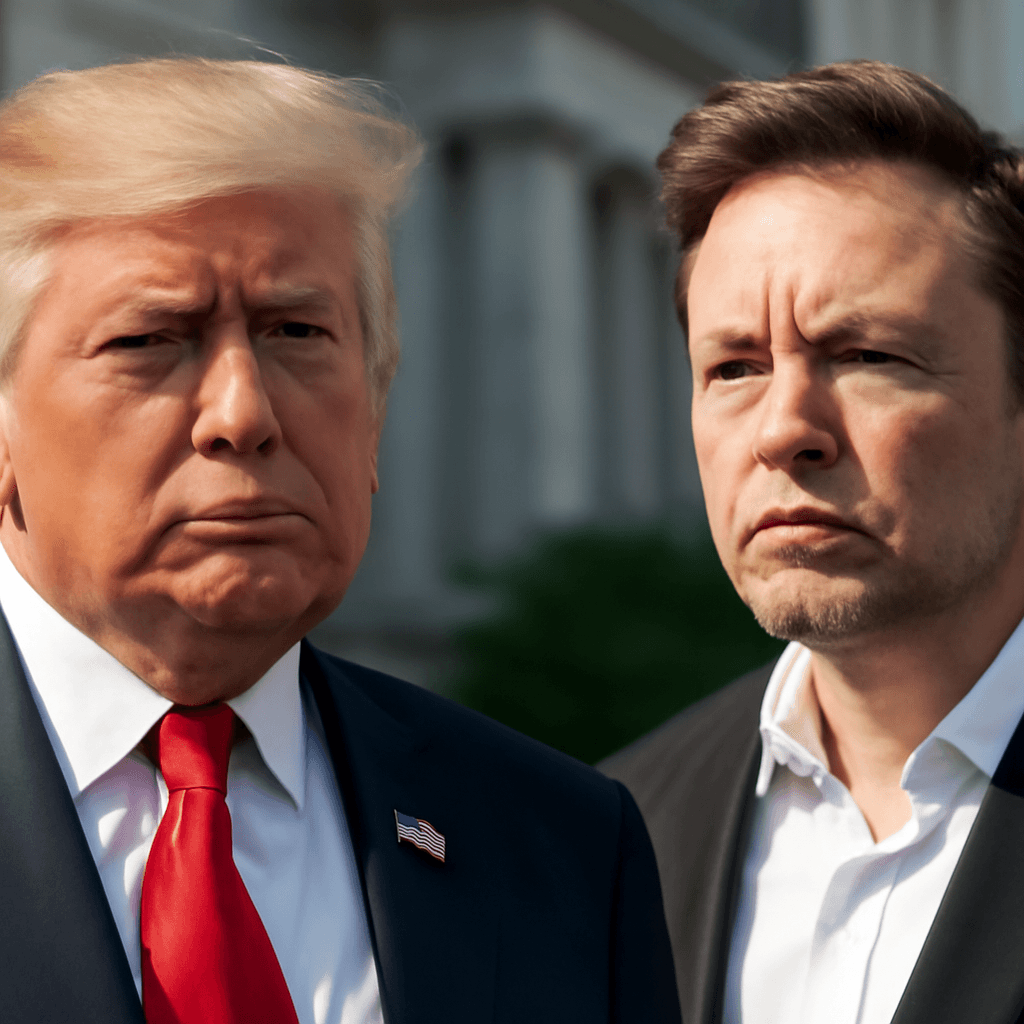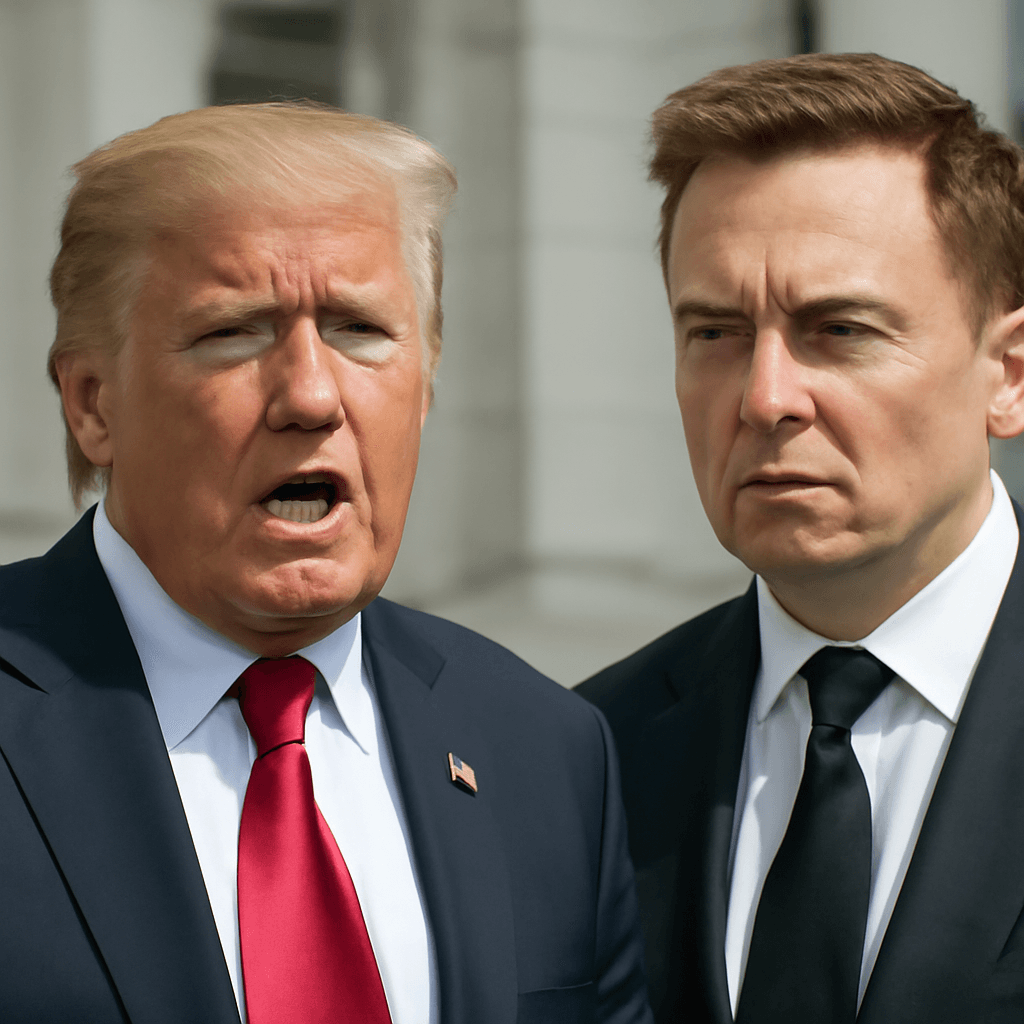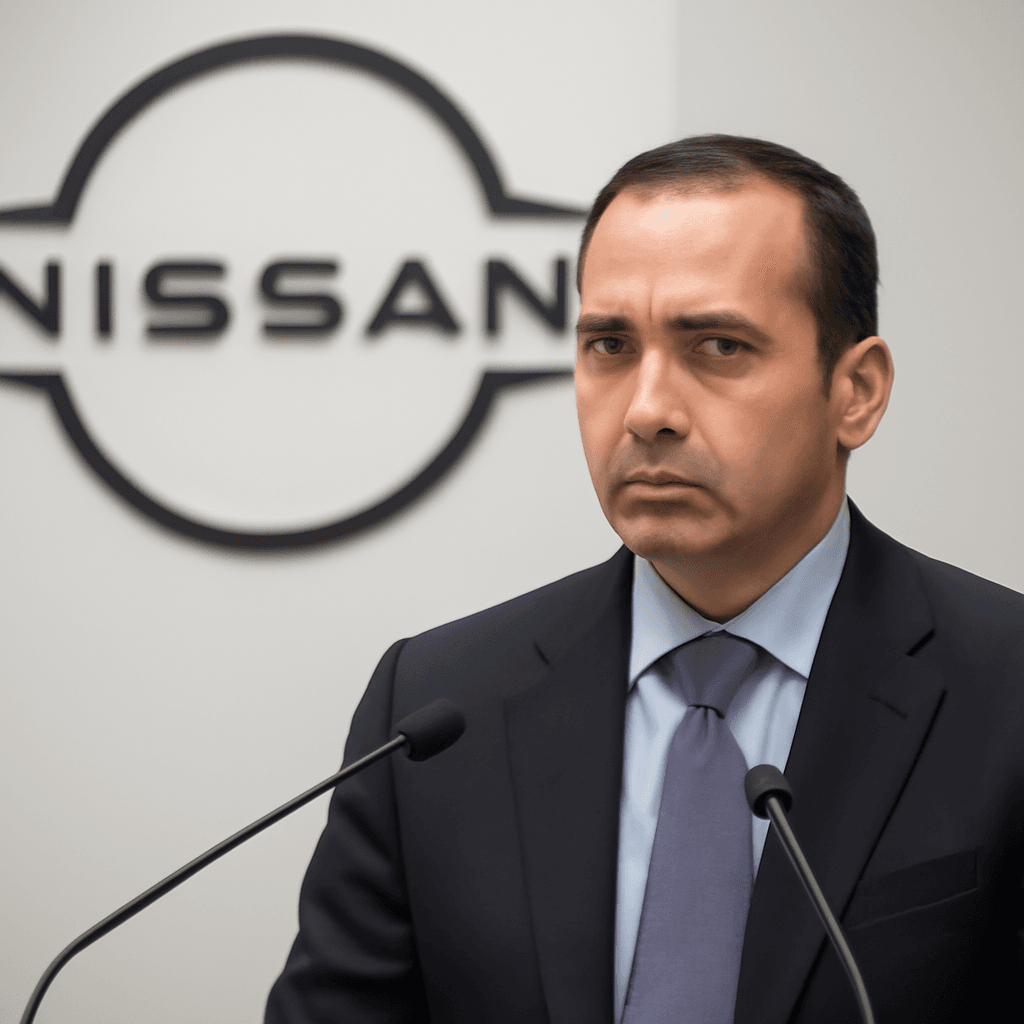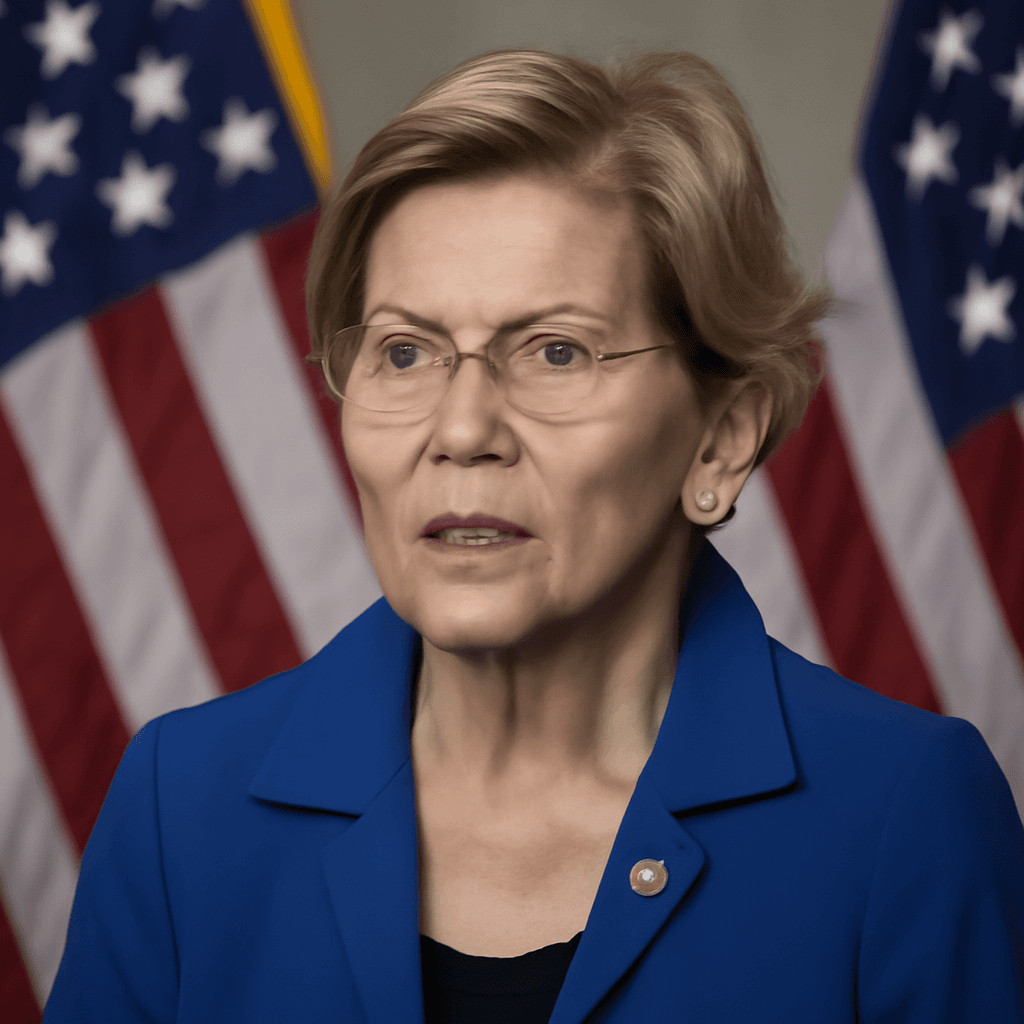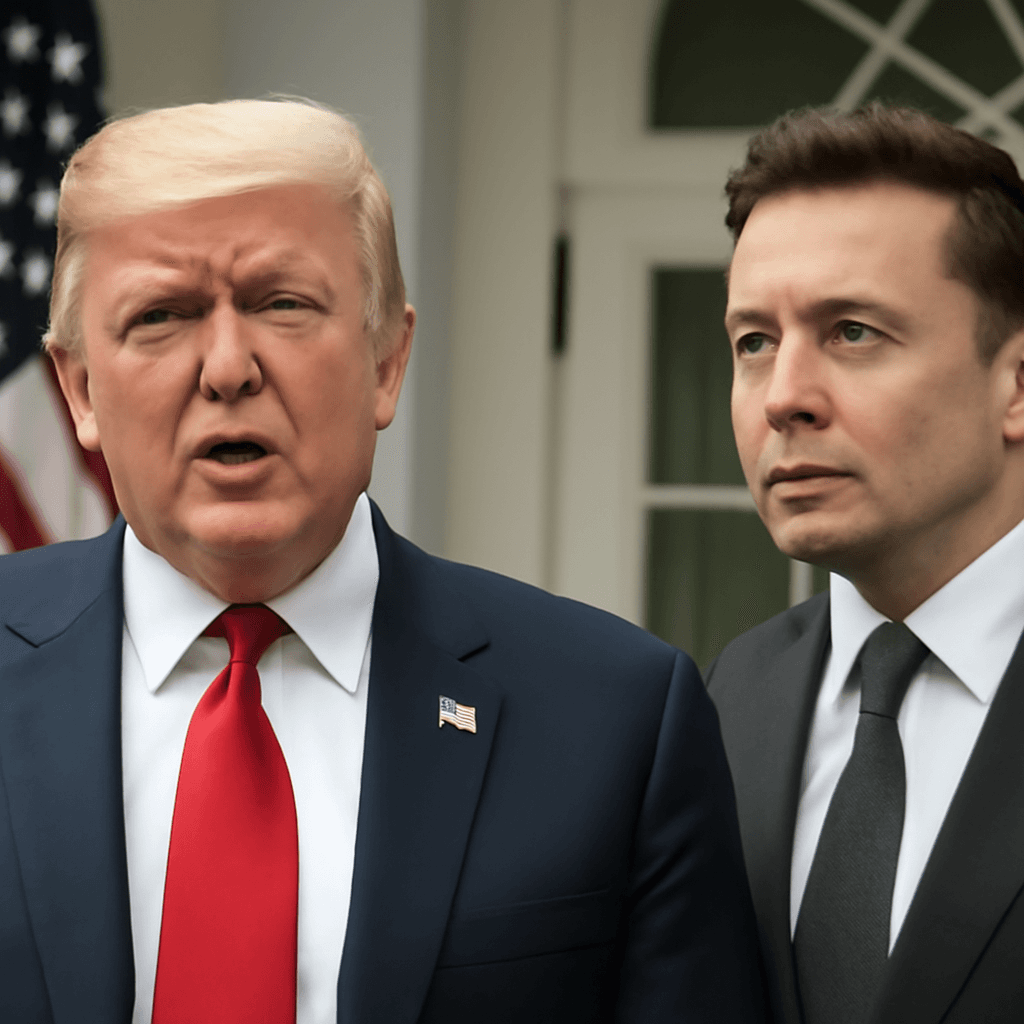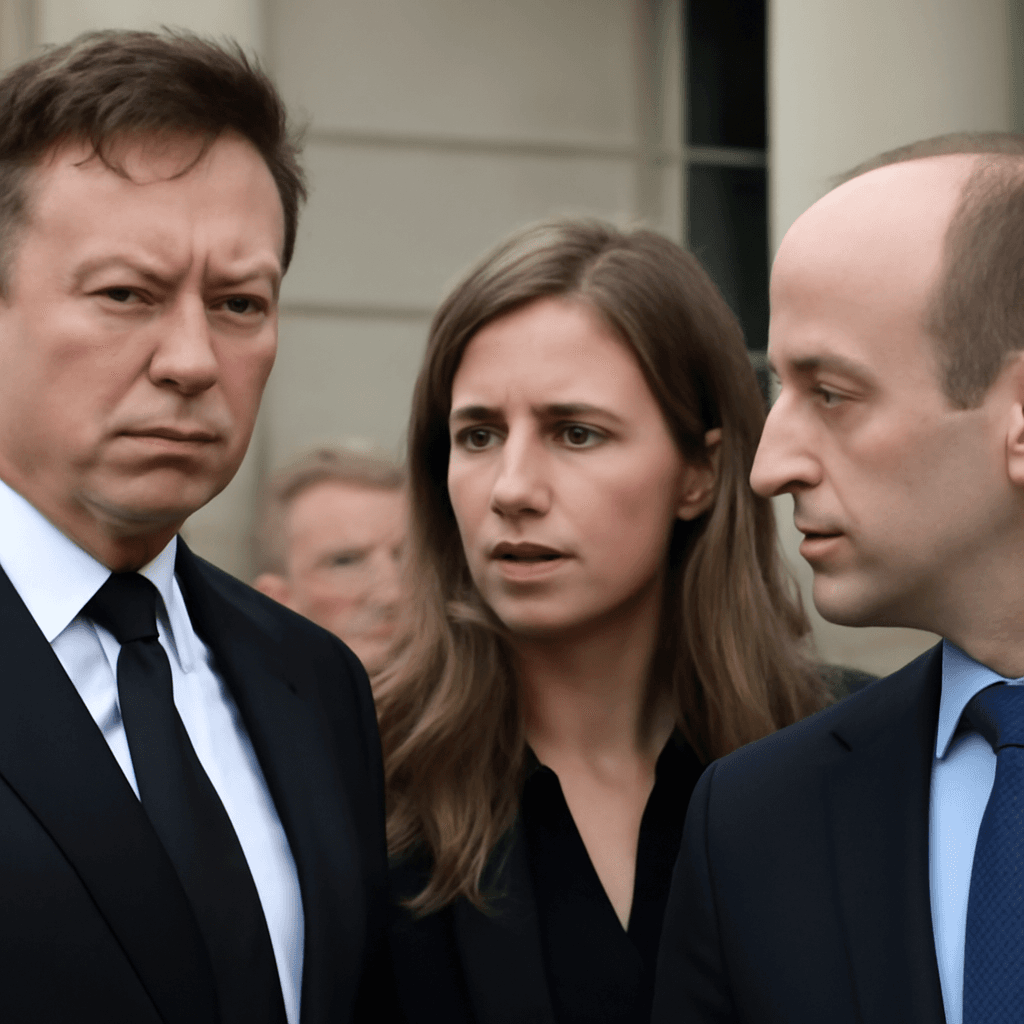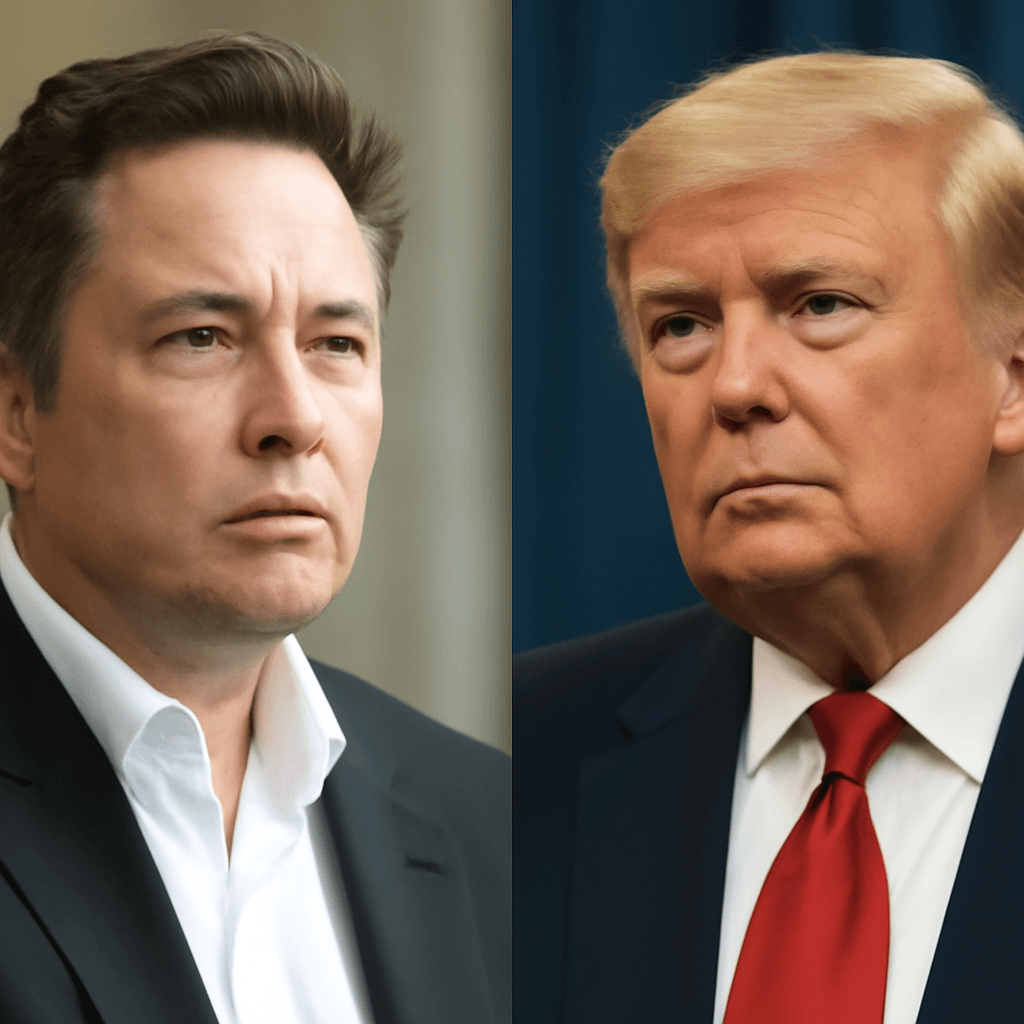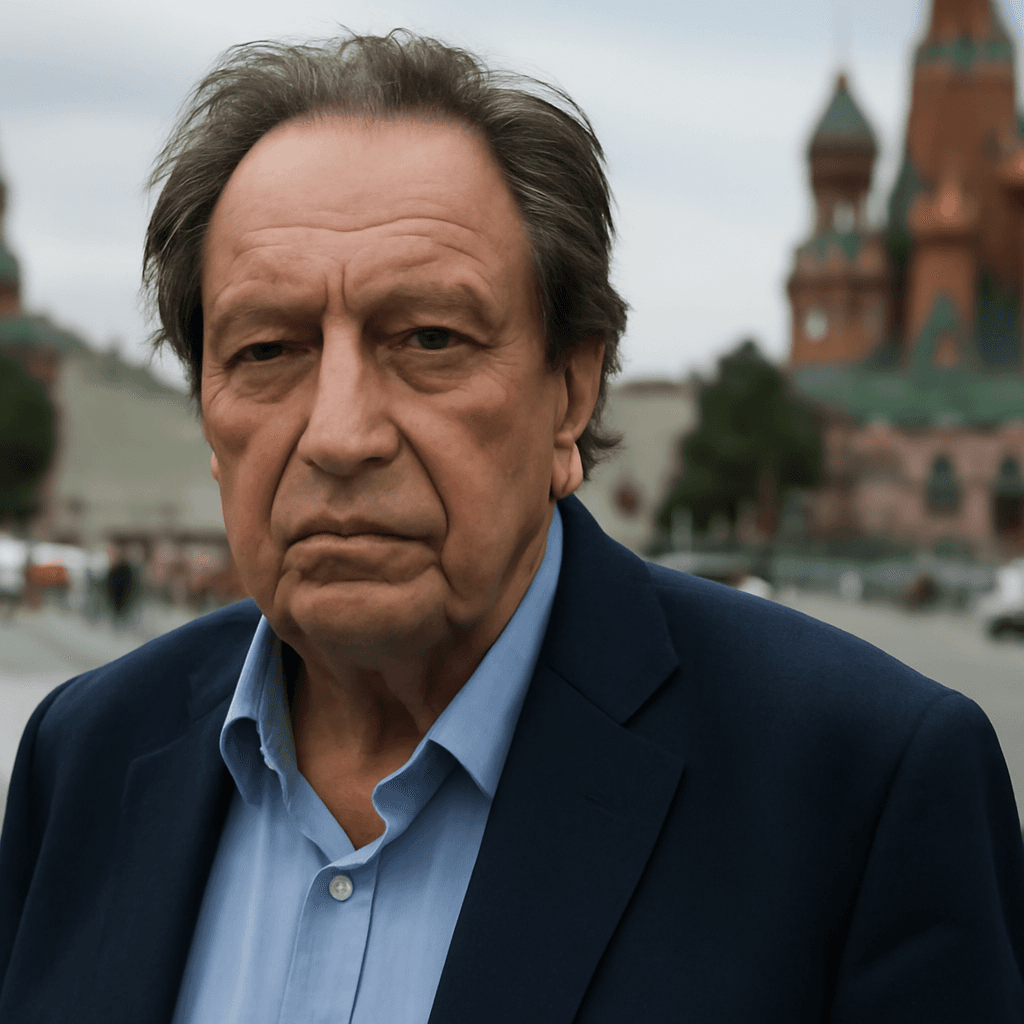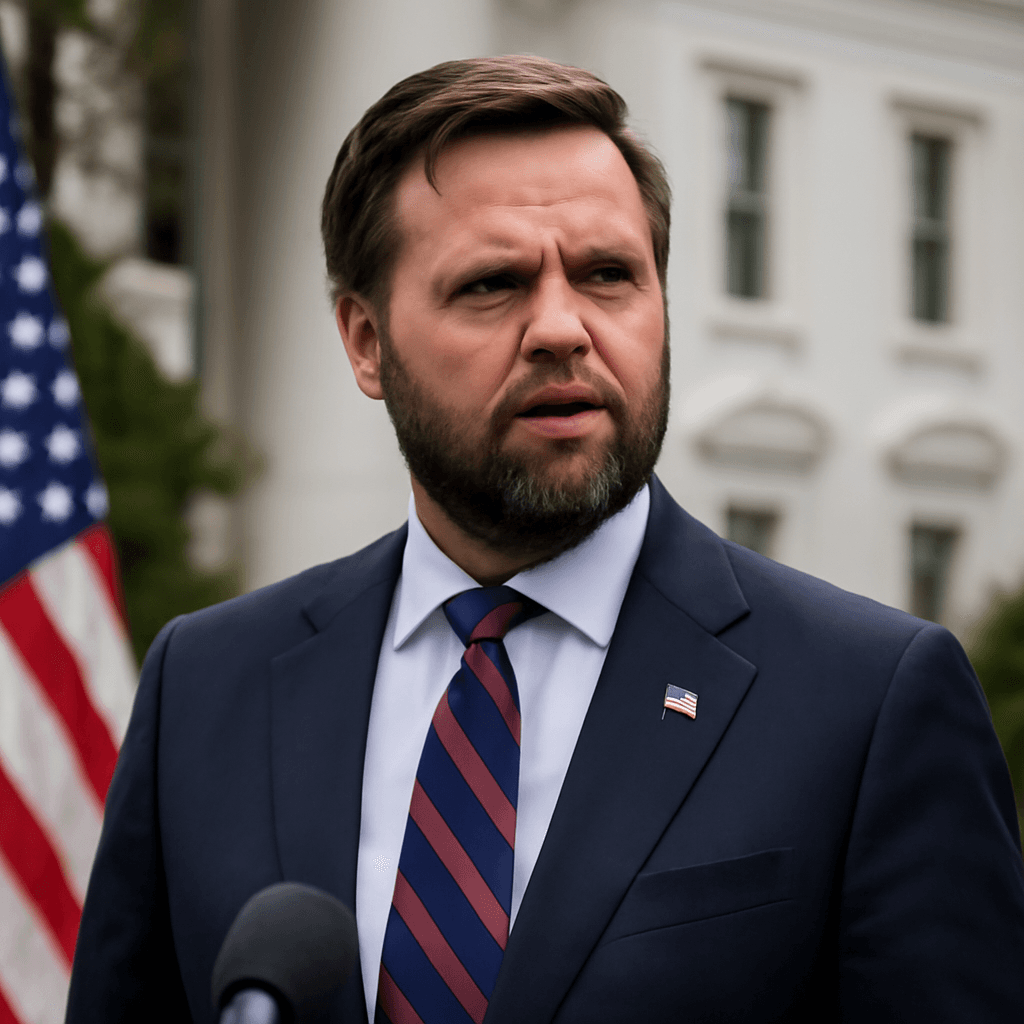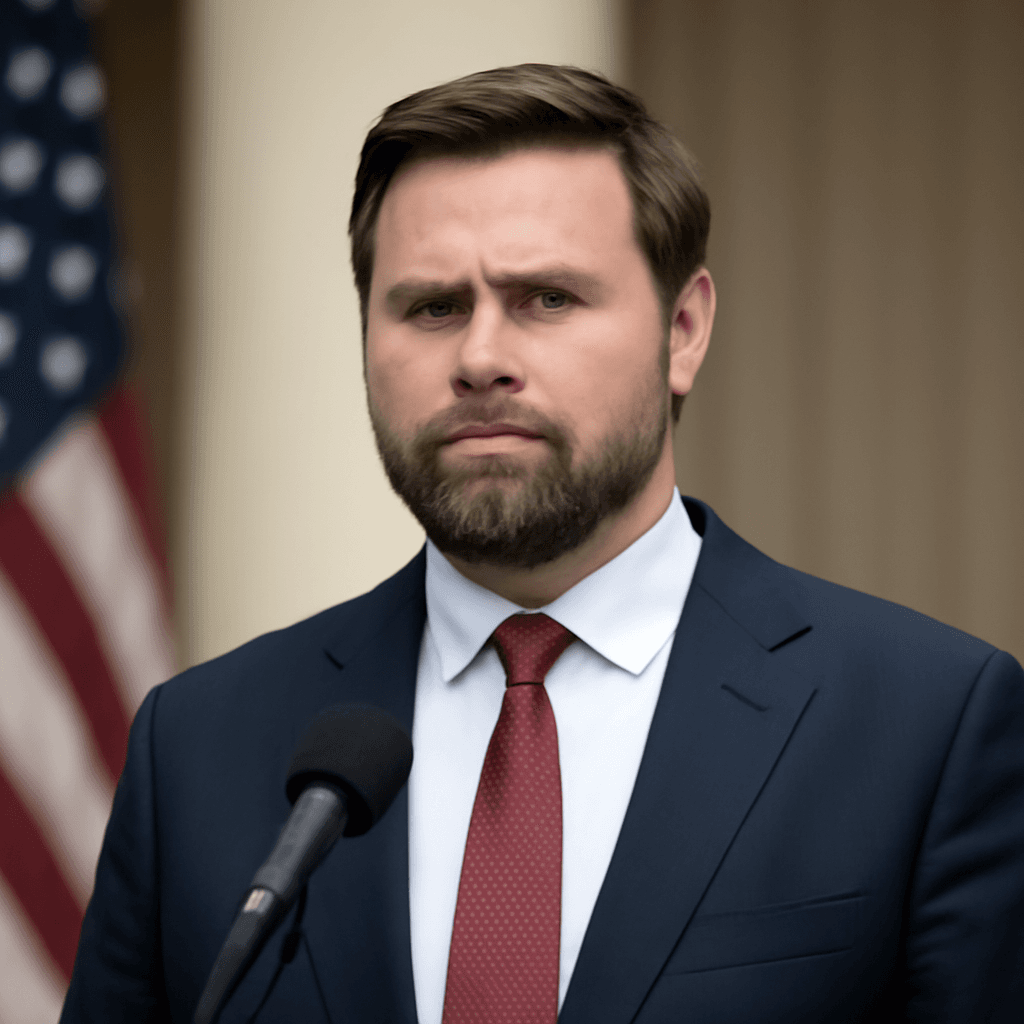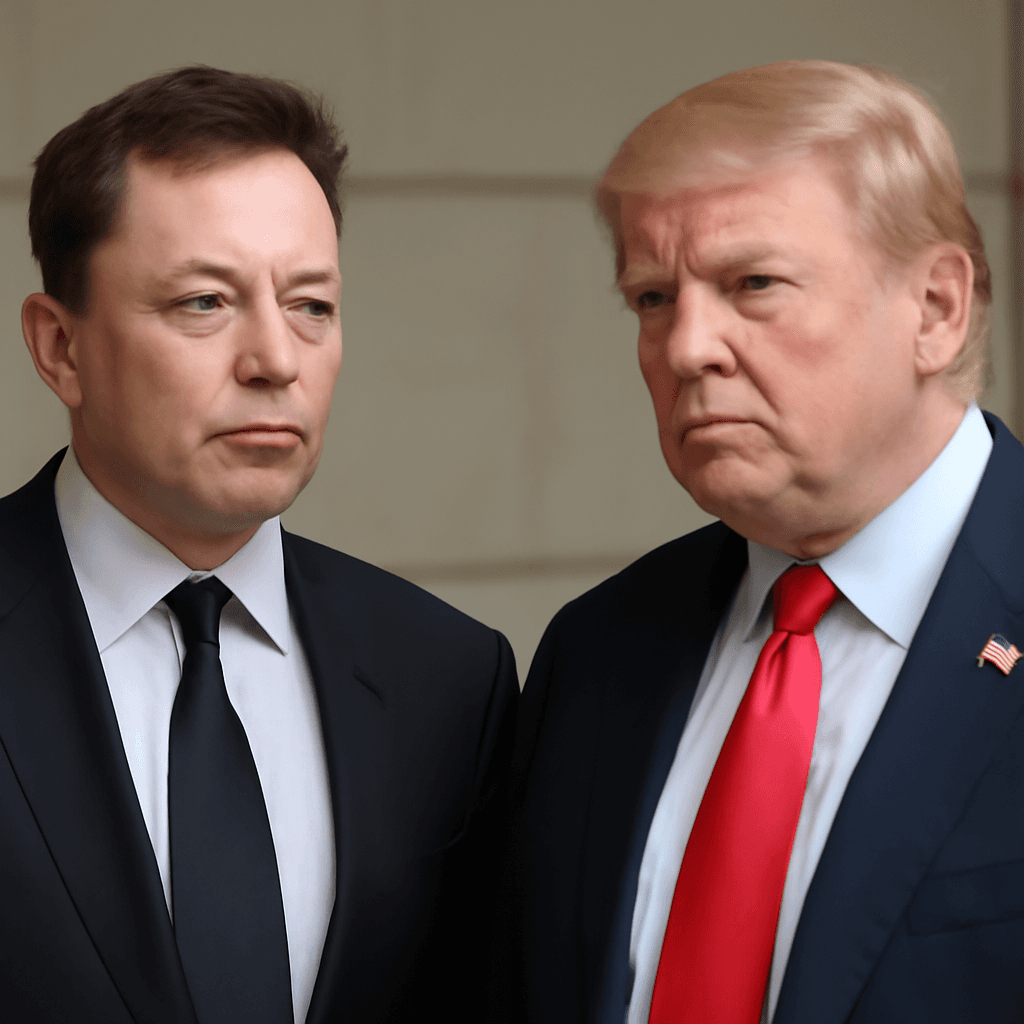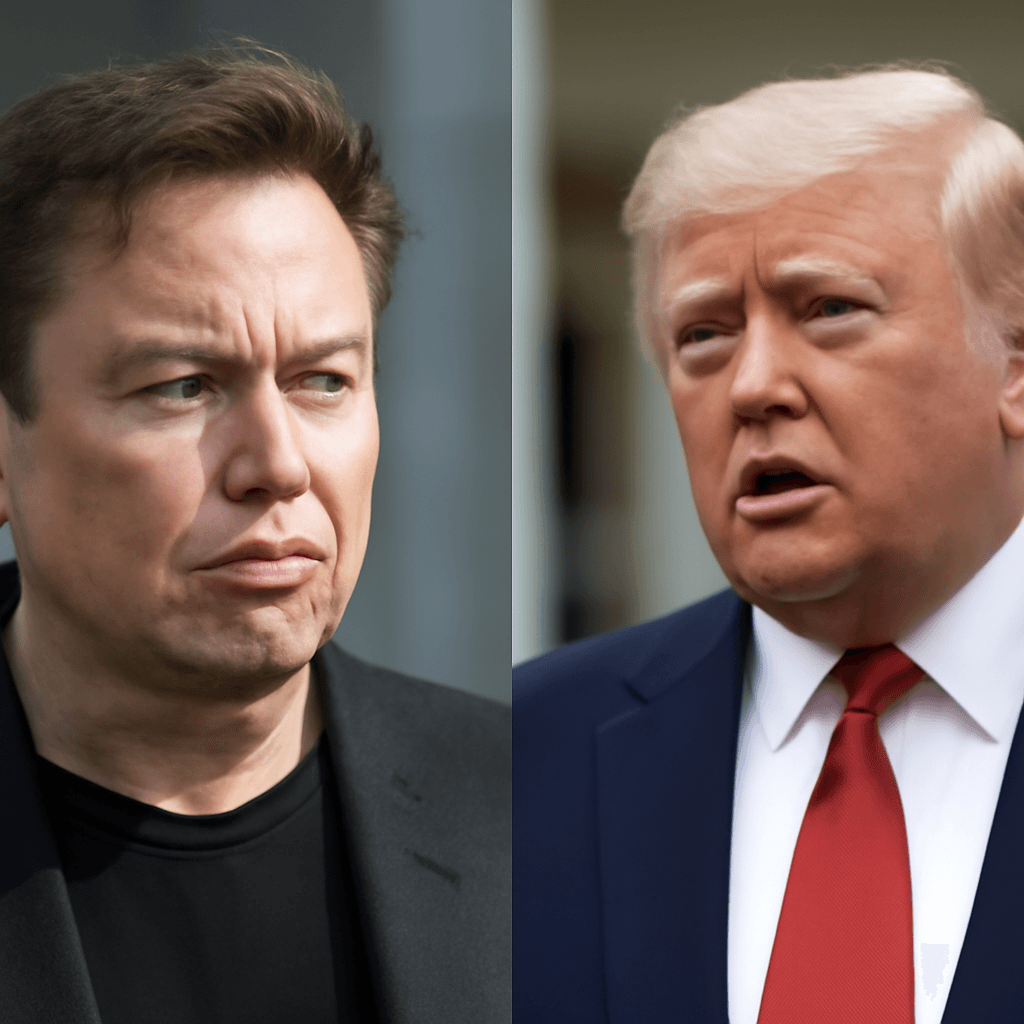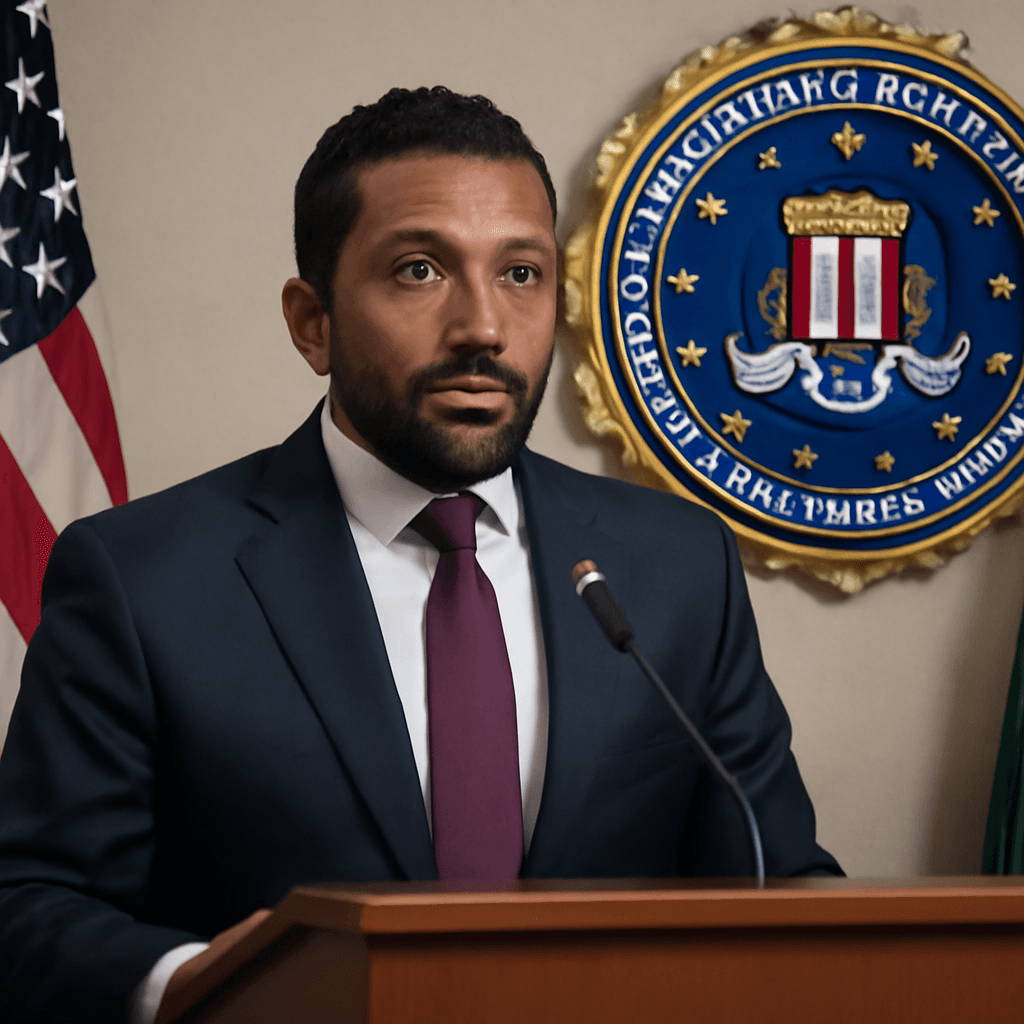Russia's Reaction to the High-Profile Trump-Musk Feud
The recent public dispute between the U.S. President and the world's richest man sparked widespread attention not only in the United States but also internationally. In Russia, the episode became a source of both amusement and political commentary among politicians and influential figures.
Political Wit and Invitations
Russian leaders and officials used the feud as an opportunity to make light-hearted remarks and even extend invitations. Dmitry Rogozin, a nationalist senator and former head of Russia's space program, encouraged Elon Musk to consider relocating his ventures to Russia if he faced insurmountable difficulties in the U.S. Rogozin remarked on Musk’s social media, emphasizing that Russia offered "reliable comrades" and freedom for technical innovation.
Meanwhile, Dmitry Medvedev, a senior security official and former president, humorously offered Russia's services to mediate peace between the two sides, suggesting Starlink shares as a form of payment.
Mockery and Strategic Commentary
Several prominent Russian figures offered more cynical takes. Margarita Simonyan, influential in Russian state media, mocked the feud as symbolic of dysfunctional U.S. political culture. Kirill Dmitriev, head of Russia's sovereign wealth fund, expressed a desire for reconciliation and even sought advice from an AI chatbot on how Musk and Trump could resolve their differences.
Kremlin’s Official Stance
When questioned, Kremlin spokesman Dmitry Peskov described the matter as internal to the United States and expressed confidence that President Trump could manage the situation. He noted that presidents routinely juggle numerous issues of varying significance concurrently.
Implications for Russia
Some Russian hardliners viewed the distraction in Washington as advantageous. Konstantin Malofeyev, a nationalist tycoon, suggested that this discord created an opportune moment for Russia to advance its strategic interests regarding Ukraine.
Summary
The Trump-Musk feud became a focal point for Russian political commentary ranging from satire to opportunistic calls for business collaboration. The episode illustrated how international actors often capitalize on internal conflicts within rival nations to advance their own narratives and interests.

